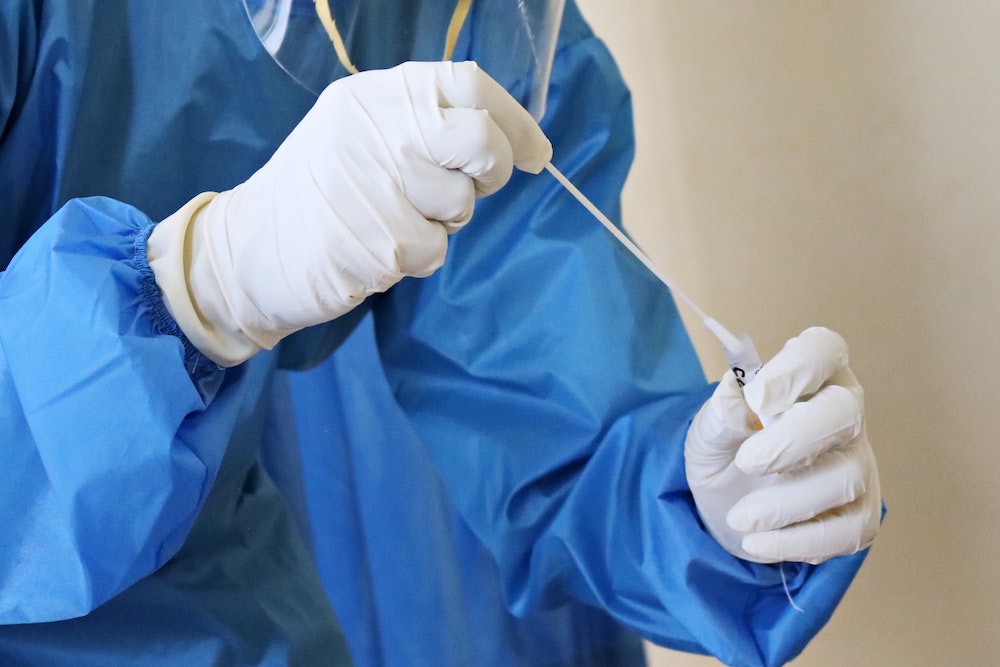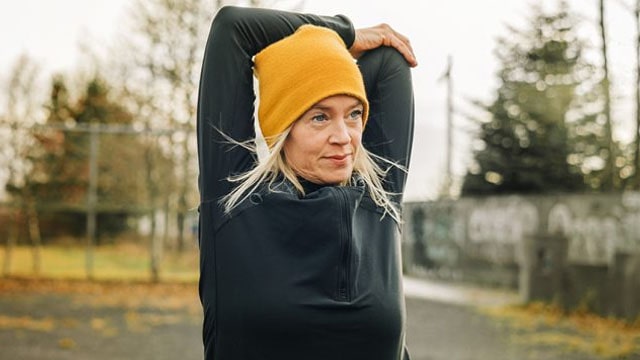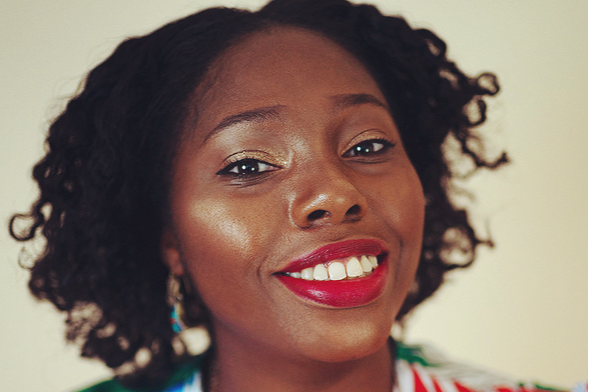As the coronavirus continues to spread, the best way to protect yourself is by keeping a safe distance from others, washing your hands regularly and avoiding touching your face - especially your eyes, nose and mouth.
But if you wear contact lenses, it’s difficult to avoid touching your eyes, and this may make you feel anxious.
In some media reports, experts have advised people to go back to wearing glasses instead of contact lenses. However, eyecare companies and professional bodies like the UK’s College of Optometrists say that contact lenses are still safe to wear if you keep up good hygiene habits.
‘We have seen no evidence to suggest that wearing contact lenses would increase a person’s chances of contracting COVID-19,’ says the College.
The professional body explains that it’s fine to keep wearing contact lenses as normal if you don’t have COVID-19, the illness caused by the coronavirus, or any of its symptoms, such as a cough or fever.
It’s generally advised not to wear contact lenses if you have any kind of illness, including the common cold, as you may be more likely to spread the infection to your eye. You’re also likely to sleep more, and it’s best not to sleep in contact lenses.
If someone in your household has COVID-19, it may be better to stop wearing your lenses until they recover.
To keep yourself safe, make sure you practice good contact lens hygiene and hand hygiene. To do this:
- wash your hands using soap and water for 20 seconds before and after handling your contact lenses and before adjusting them during the day
- dry your hands thoroughly after washing them
- avoid touching your eyes, nose or mouth
- keep at least 2 metres (6 feet) away from other people (physical distancing)
If you think you may have coronavirus, you can use our COVID-19 Symptom Mapper to check your symptoms and compare them with others around the world.
This should give you a better understanding of how the illness is affecting you and will help us to map the spread of the outbreak.
Try the COVID-19 Symptom Mapper
References:
Optometrists T. COVID-19: Optometry updates from The College of Optometrists [Internet]. College-optometrists.org. 2020 [cited 15 April 2020]. Available here.
Contact lens safety [Internet]. nhs.uk. 2020 [cited 15 April 2020]. Available here.






